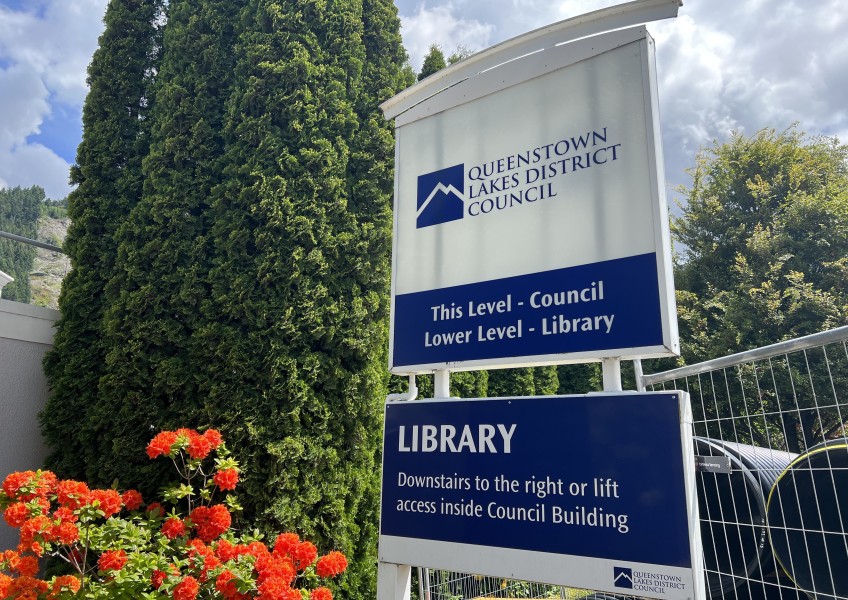QLDC workshop glosses over 15 percent satisfaction rating

The district mayor reckons residents and ratepayers wouldn’t want too much “navel gazing” by elected members of the council after an annual survey revealed dropping approval ratings for the organisation.
Queenstown Lakes District Mayor Glyn Lewers thinks focus should instead be on seeing key infrastructure projects completed.
The comments came during a short discussion at a council workshop in Queenstown yesterday – the first to be held since the council changed rules to open the previosuly closed-door discussion meetings to the public.
QLDC data analyst Nathan Brown presented results from the council’s latest quality of life survey, which had been made public last week.
From a 1,000-strong sample, just 15 percent of respondents are satisfied with the performance of elected members, and the same, with the overall performance of the council.
The figures are down from 19 percent and 20 percent respectively last year, and 33 percent and 35 percent four years ago.
During the workshop, the mayor said the downward trend is not unexpected, and reflects what is happening both nationally and internationally, where constituents are increasingly despondent with public institutions.
“I’d caution getting too caught up in navel gazing,” the mayor told councillors.
“If we just did our job, and did it well, the rest would follow.”
Not everyone around the table was convinced, however.
Councillor Niki Gladding asked to see the complete raw data collected during the survey, indicating she would take time to read comments to better understand why people feel so let down by the organisation’s performance.
While the survey routinely asks respondents about lots of things that influence overall quality of life, many of them outside of the council’s control, councillor Esther Whitehead said it was noteworthy “the most concerning things are the things we have the most control over”.
She made reference to the workshop discussion taking place, for the first time, under public scrutiny.
“It’s a step in the right direction that I want to acknowledge for our community.”
Councillor Matt Wong asked, “What do we do with this?”, seeking some sort of 'takeaway' for councillors and the council.
Meanwhile councillor Lyal Cocks appeared to show a glass-is-half-full attitude, pointing out to others around the table that the results show 85 percent of respondents are either neutral or think the elected members and the council are “doing OK” in terms of their performance.
Council chief executive Mike Theelen told elected members the annual quality of life survey measures “perception” of performance, rather than performance itself.
Staff suggested data collected in other ways throughout the year, and included in annual reporting, shows the council often gets things right. They referenced feedback on council service requests as an example.
Staff also stressed the survey was conducted off the back of the cyrpotosporidum crisis, and not long after the local state of emergency.
A call was made at the time to push on with the process regardless.
“There is no way of knowing what the impact of any of that is,” one staff member said.
Councillor Lisa Guy said she would like to know the annual survey makes it to certain demographics that may not often have their voices heard at the council table – in particular, disadvantaged young people and those in aged care.
Read more: Annual survey reveals profound concern over council and councillor performance


























